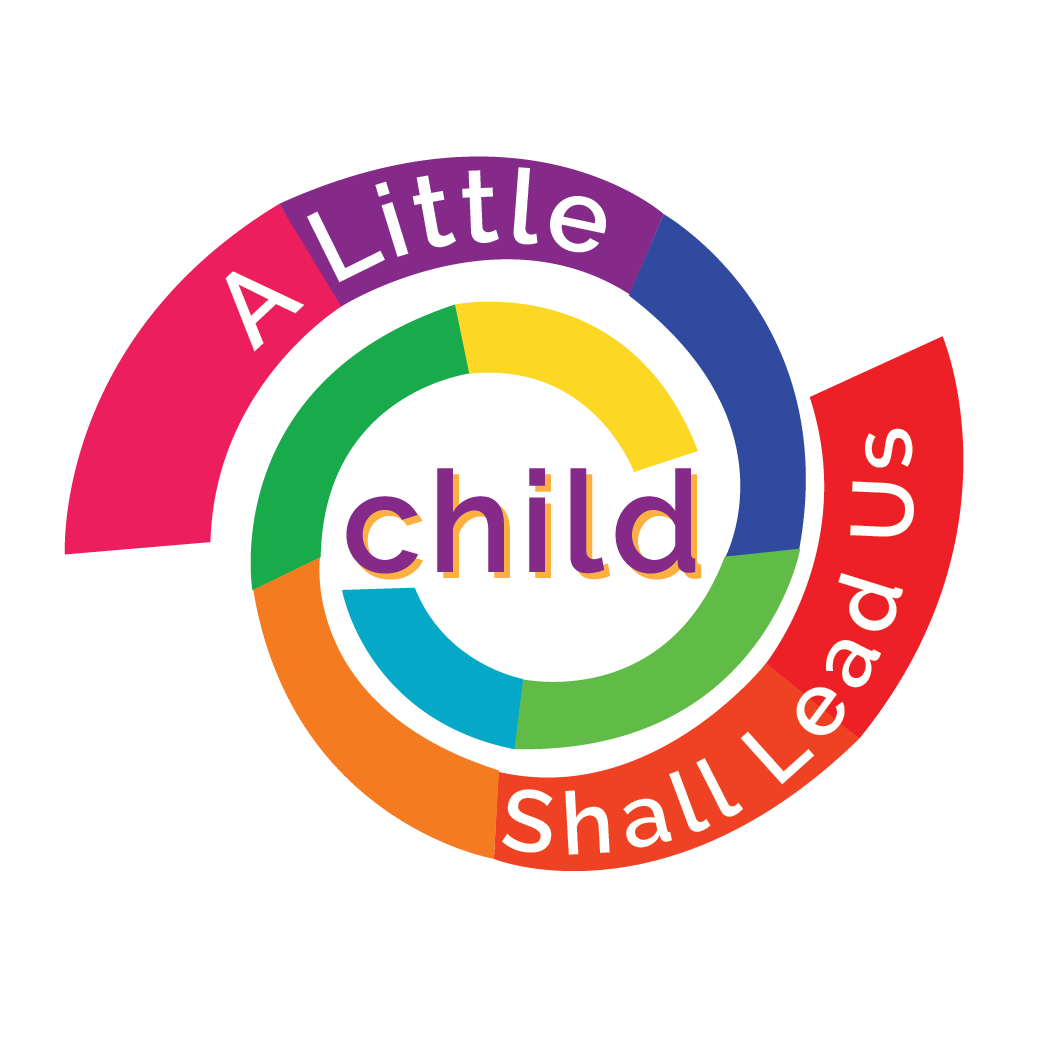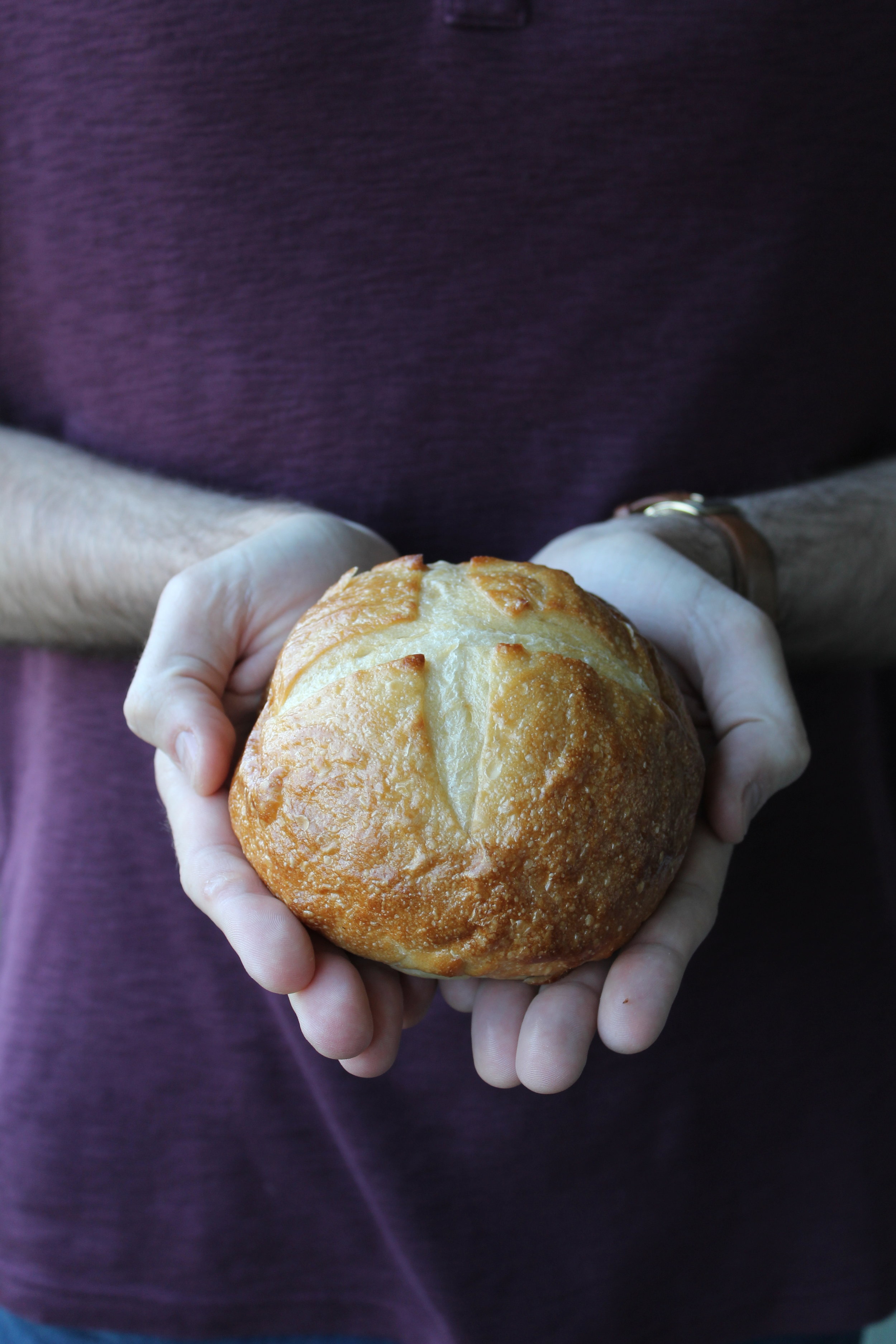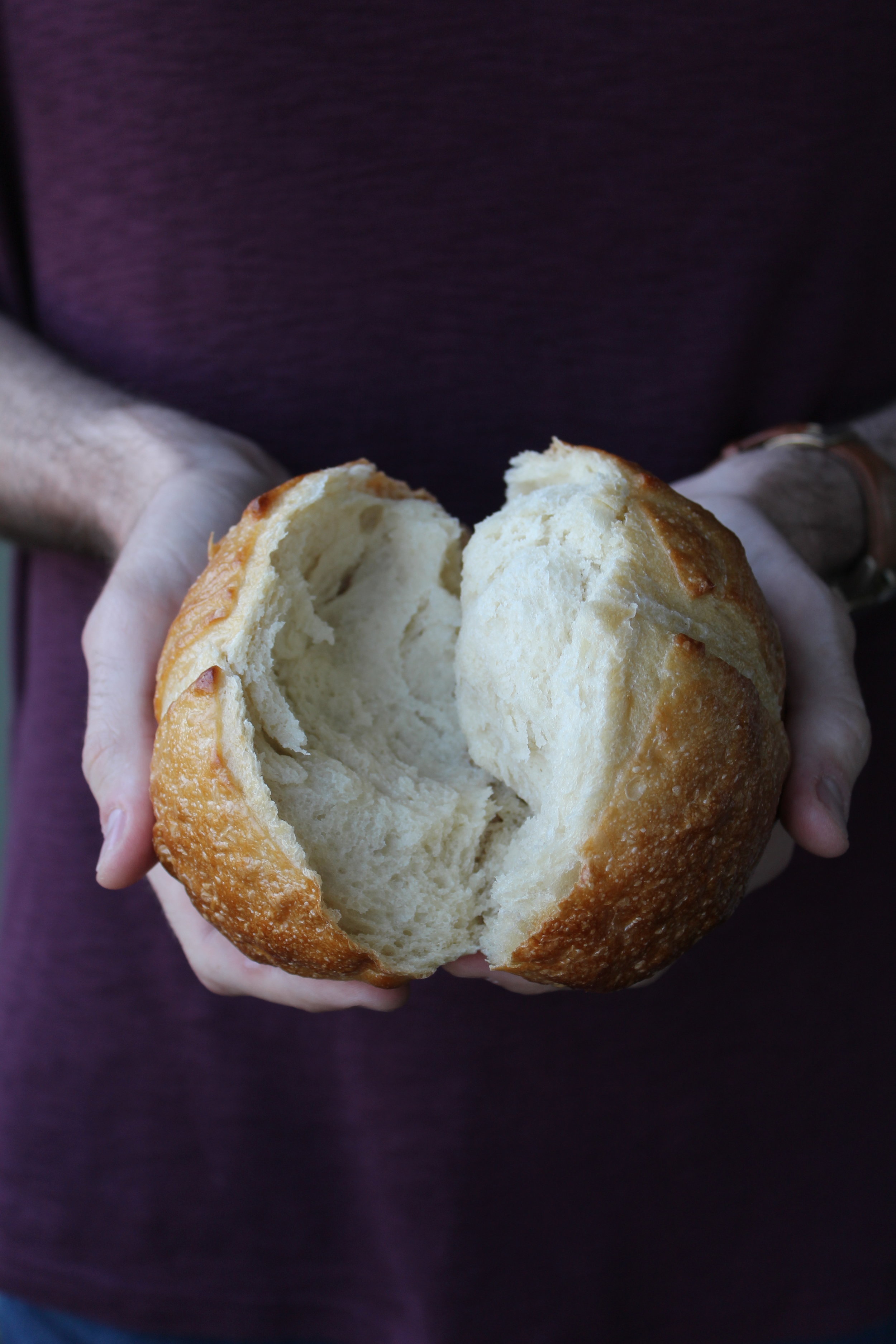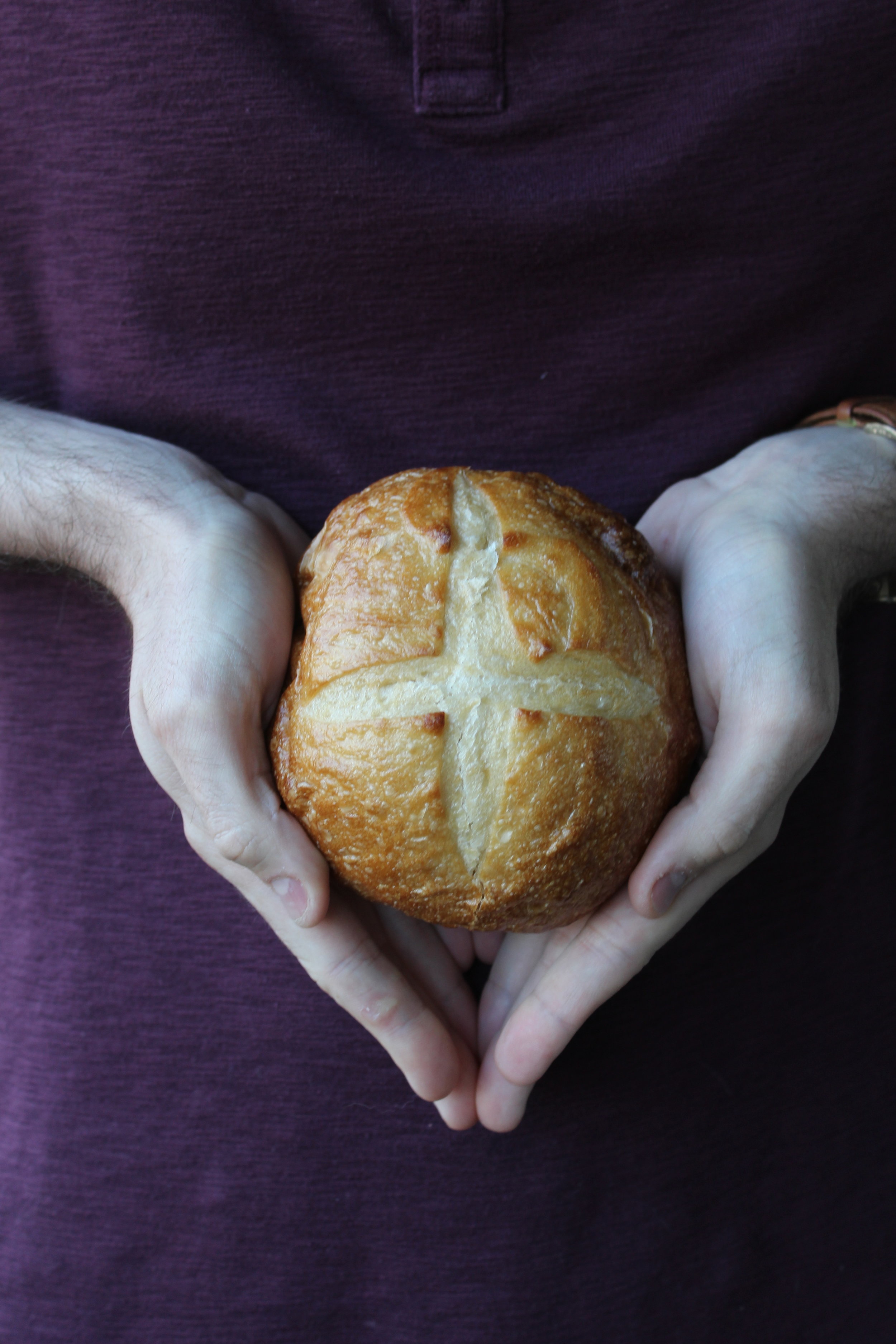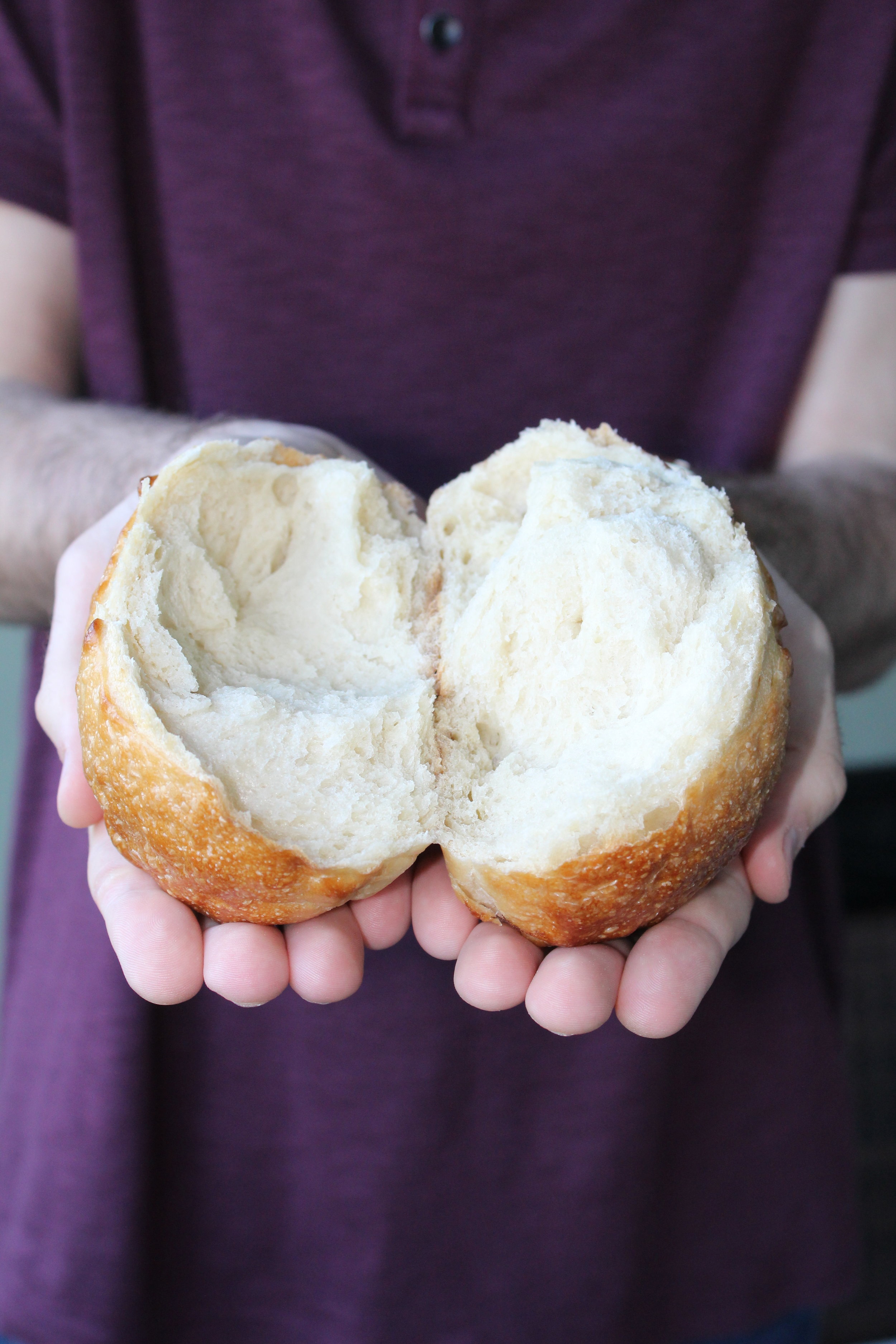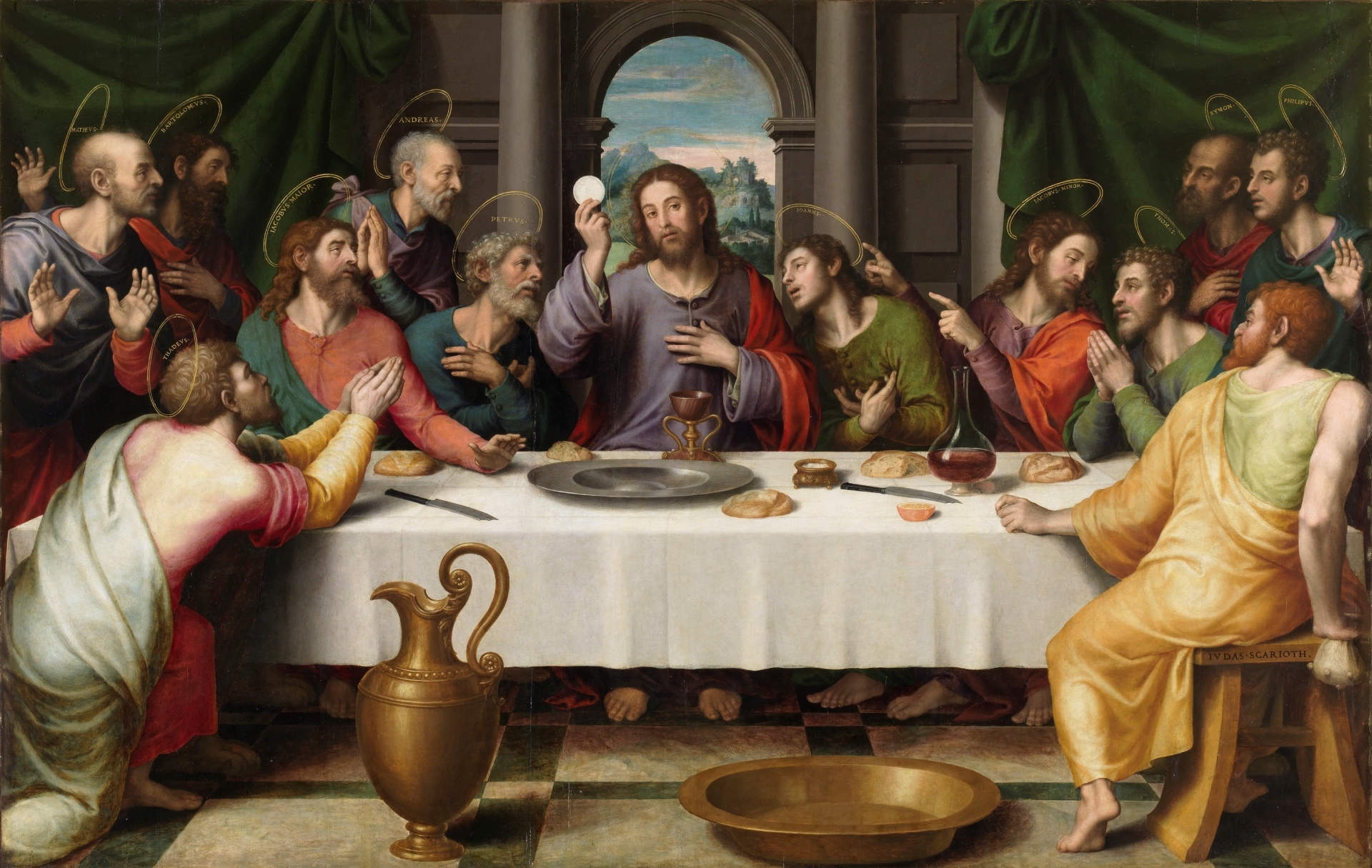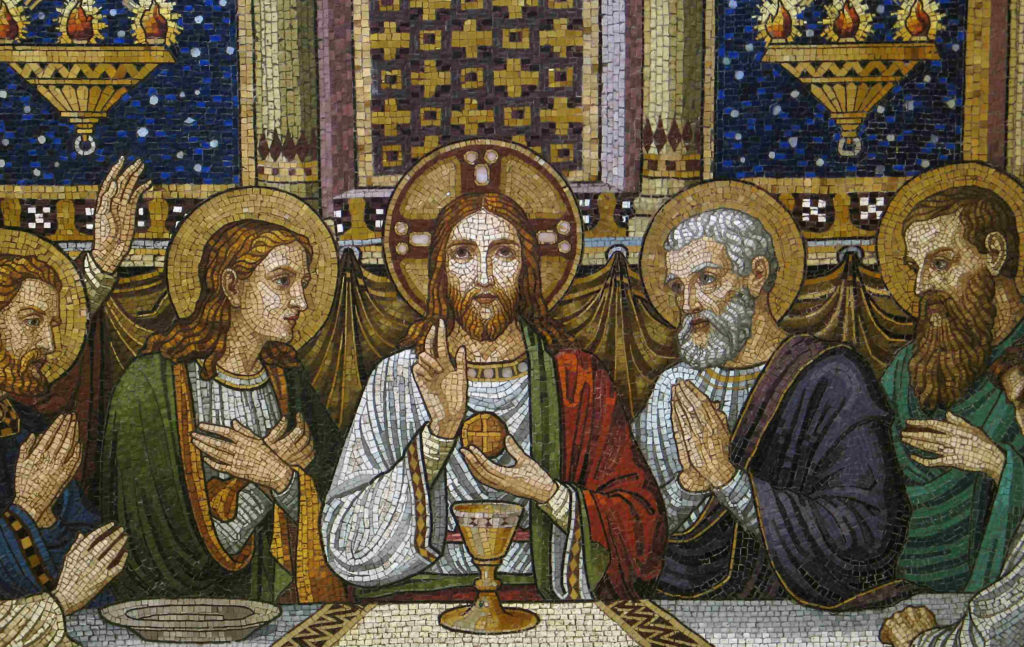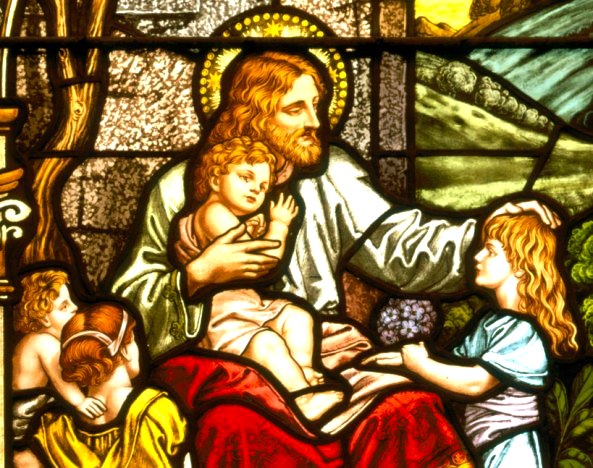Children's Theology
What is Theology? - Reasoning or discussion concerning the Deity - The science of things divine
Theology begins with the assumption that the divine exists in some form. Theology then aims to structure and understand these experiences and concepts, and to use them to derive normative prescriptions for how to live our lives.
Theologians use various forms of analysis and argument (experiential, philosophical, ethnographic, historical, and others) to help understand, explain, test, critique, defend or promote any myriad of religious topics. As in philosophy of ethics and case law, arguments often assume the existence of previously resolved questions, and develop by making analogies from them to draw new inferences in new situations.
The study of theology may help a theologian more deeply understand their own religious tradition, another religious tradition, or it may enable them to explore the nature of divinity without reference to any specific tradition. Theology may be used to propagate, reform, or justify a religious tradition or it may be used to compare, challenge (e.g. biblical criticism), or oppose (e.g. irreligion) a religious tradition or world-view. Theology might also help a theologian to address some present situation or need through a religious tradition, or to explore possible ways of interpreting the world. (wikipedia)
It is important that we each craft our own definition of theology and our own theological perspectives. Taking time to be clear as to why we think or believe the way we do helps us be guided by our principles and values. We each have a theology. We each have a particular set of beliefs or reasons = our theology that is why we think about God the way we do.
The End of Words & Thoughts
What is Theology? How to Think Theologically
Theology of Childhood
The Moment A Child Asks Pope Francis If His Atheist Dad Is In Heaven
Pope Francis said “Come, come to me, Emanuele, come and whisper it in my ear.”
“That man did not have the gift of faith, he wasn’t a believer, but he had his children baptized. He had a good heart,”
When the Lesson Isn’t the Plan
By Jill Small
"You know what you're bringing into the lesson, but you don't always know what a child will bring. Still, you need to be as prepared as you can be for what happens during that time that child is with you."
Children’s Spirituality Its Nature, its Nurture & School Practices
By Dr Rebecca Nye Exeter
Spirituality “if you hold it too tight you might kill it, too loose and it could fly away altogether”
-Rabbi Hugo Gryn
The Act of Communion
Break
Take
Bless
Give
The Act of Communion | Take - Break - Bless - Give
Child as Sacrament
The Three Takes
What Can the Church Do To Help?
If A Child Is Indeed A Sacrament How Does This Change The Role Of Children In The Church?
Berryman, Jerome (2009). Children and the Theologians: Clearing the Way for Grace. Morehouse Publishing.
Beckwith, Ivy (2004). Postmodern Children's Ministry: Ministry to Children in thee 21st Century Church. Grand Rapids, MI: Zondervan
Coles, Robert (2004). The Moral Intelligence of Children: How to Raise a Moral Child. New York: The Penguin Group.
Nye, Rebecca (2009). Children's Spirituality: What it is and Why it matters. Church House Publishing.
Mercer, Joyce (2005). Welcoming Children: A Practical Theology of Childhood. Missouri: Chalice Press.
